Brain activities provide new ways of learning for kids. Because our little champs are always curious and looking for new things.
Learning and brain games for kids can be a great way to challenge children’s existing knowledge and encourage them to explore their favourite topics in new and exciting ways.
Children are more active learners when they can have fun learning. The best brain activities are those that can target particular aspects of a child’s development. They work on motor skills, memory, verbal recall, pattern identification, trend detection, and several other things.
Choose excellent preschoolers activities, including brain games and skill-building tasks, that are productive and help to boost your child’s development.
Here are some fun and engaging activities for preschoolers to try with kids who are 4–6 years old!
1. Keep The Things In Mind!
To help your kids sharpen their memory, you can briefly display a tray of interesting and unusual items before covering it and then rewarding them for accurately guessing.
Memory games for kids are a great way to challenge the brain’s ability to remember and recall information. Regularly playing these memory games can improve cognitive function, benefiting everyday activities such as problem-solving and decision-making.
2. Jigsaw Puzzles With 100 Pieces
This classic brain game, especially jigsaw puzzles with 100 pieces, is excellent for training fine motor skills, pattern identification, image recognition, and problem-solving abilities in kids as they start school. It’s important for them to develop concentration skills through such activities.
Kids can also learn about working together to complete a task, as well as the important skill of being patient.
Make Rubik’s Cube enjoyable for your children by teaching them the basic strategies required to solve them properly.
You can show them internet tutorials about how to solve the cube. This will encourage your child to the value of talent development and memory.
4. Online Educational Activities
This activity can be really fun with a group of kids who can create an exciting narrative of at least 30 words by speaking one word. One child has to say a word and then another word by another child but the words should be relevant to the previous one.
This activity can help a child discover their inner creative problem solver and enhance their language skills as well.
6. Chess – The Centuries-Old Game
Chess is a game that has been played for centuries and is considered a classic game of strategy and intellect.
This game can be used as a tool to help children develop critical thinking skills, concentration, and memory. It is also a great way to teach children about sportsmanship and fair play, as well as how to deal with winning and losing.
Treasure hunts can be a fun and educational activity for kids to engage in. Choose a theme that your child is interested in, such as colours, shapes, or animals. This will make the treasure hunt more engaging and relevant.
Hide objects related to the theme around the house or backyard and give clues that will help them find the objects. Encourage your child to explore and search for the objects on their own. You will see a boost in their problem-solving and critical-thinking skills.
Role-playing our futures can have several benefits for kids like this can help them develop problem-solving skills that will be useful in their future careers and personal lives.
Also, it will build self-confidence as they take on different roles and explore new situations and develop their communication skills by better communicating their ideas and collaborating with others.
This is a great way to introduce children to their surroundings and help them learn about their community. Use a large piece of paper or cardboard and draw a simple map of the neighbourhood. Include landmarks such as parks, stores, schools, and other places that are familiar to your kids.
Ask your child to identify the places they see on the map. Use the map as a reference when talking about the neighbourhood with your little learner. This will increase their bonding with their surroundings and build their awareness and language skills.
10. Educational Worksheets
Readmore:https://www.beingmomandmore.com/12-creative-and-fun-ways-to-encourage-toddler-learning/
Activities worksheets for preschoolers can be an effective way to reinforce learning and provide fun, engaging tasks for kids. Many online platforms offer free printable worksheets tailored to different age groups and subjects.
These activities can be very useful for teaching the alphabet and letter recognition. Your worksheets can include activities like tracing letters, identifying uppercase and lowercase letters, and matching letters with pictures.
11. Mathematical Characters
Math Pictionary is a fun and engaging way for young children to learn math concepts while improving their drawing and communication skills. Maths allows children to think creatively and use their problem-solving skills to come up with ways to represent mathematical concepts visually.
This activity is also a fun and engaging way for kids to reinforce their understanding of math concepts by encouraging kids to work together to guess the correct word or phrase. This helps them develop their teamwork and collaboration skills too.
Musical games can have several benefits for children between the ages of 4-6 like it will enhance listening and memory skills by improving their ability to recall sounds and develop their memory.
Playing this game requires kids to use their cognitive skills to match the notes and melodies. It can help them develop problem-solving skills, critical thinking, and decision-making abilities to improve their coordination skills.
13. Playing Spot the Difference
For improving the concentration of your new school-going child, sensory activities for preschoolers like Spot the Difference games are an ideal choice, as they require focusing attention on details and differences between similar things.
Playing this game regularly can help develop visual discrimination skills, memory retention, patience and perseverance in kids. Overall, this type of game can be a fun and effective way to improve cognitive skills and provide a healthy mental workout to children.
Conclusion,
As a parent, there are various brain activities for kids of 4-6 years that you can engage them in to stimulate their cognitive, emotional, and social development.
These activities not only provide children with opportunities for learning and growth but also help build their confidence, self-esteem, and overall well-being.
Encourage your child to explore and experiment with various activities, and remember to provide positive encouragement along the way. With consistent engagement in brain-stimulating activities, your child can develop a strong foundation for a lifetime of learning and success.
Happy Learning!





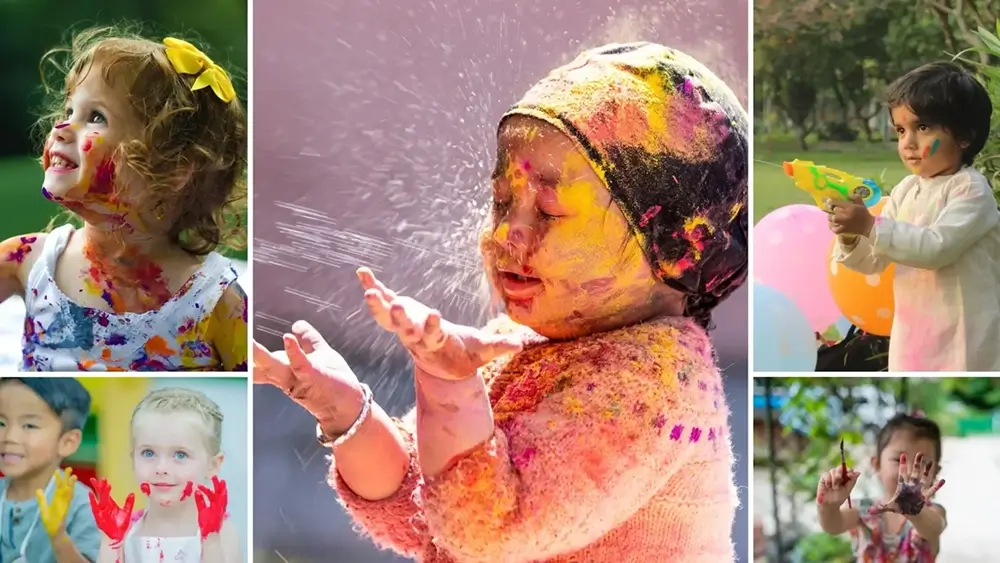
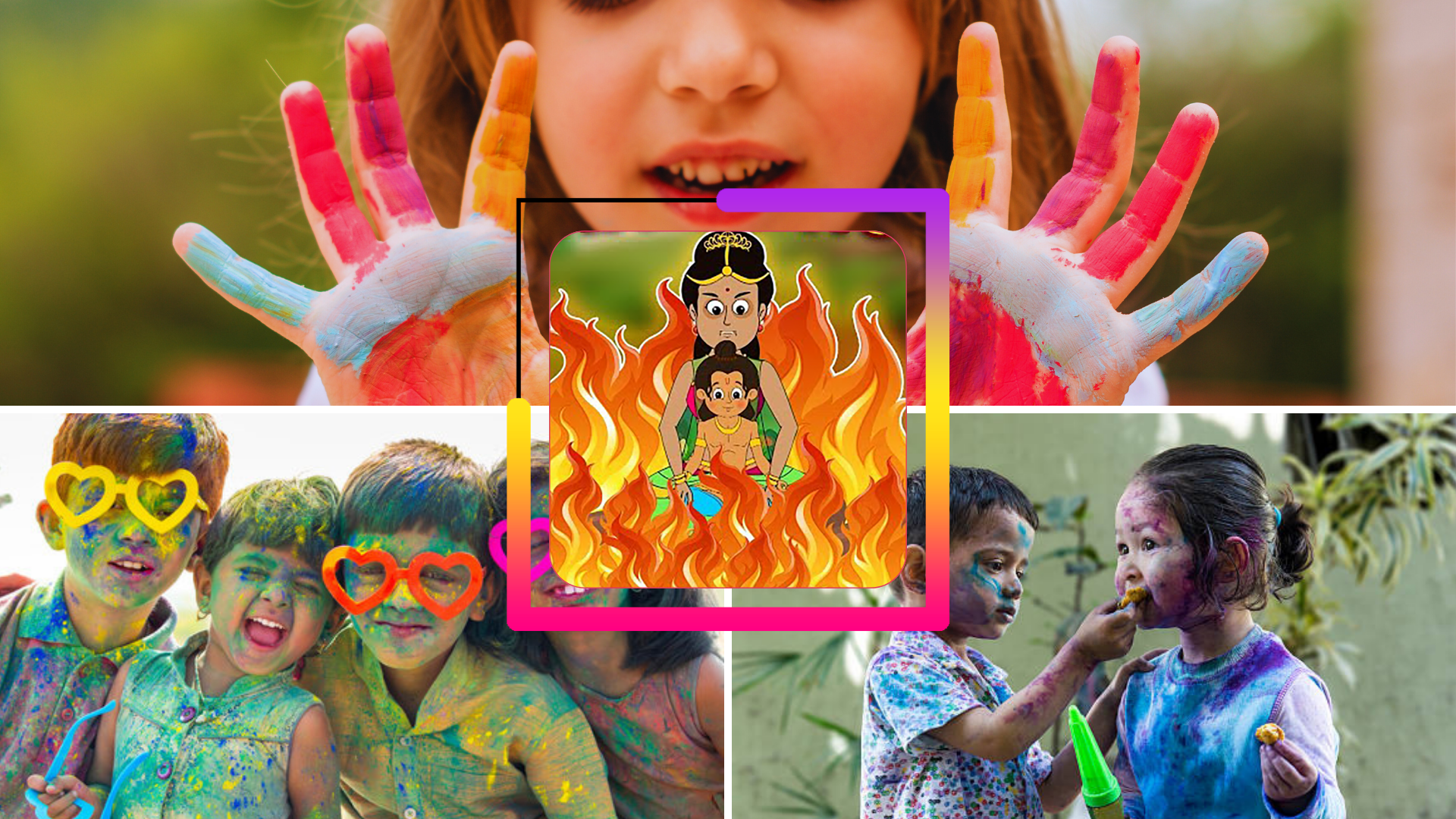
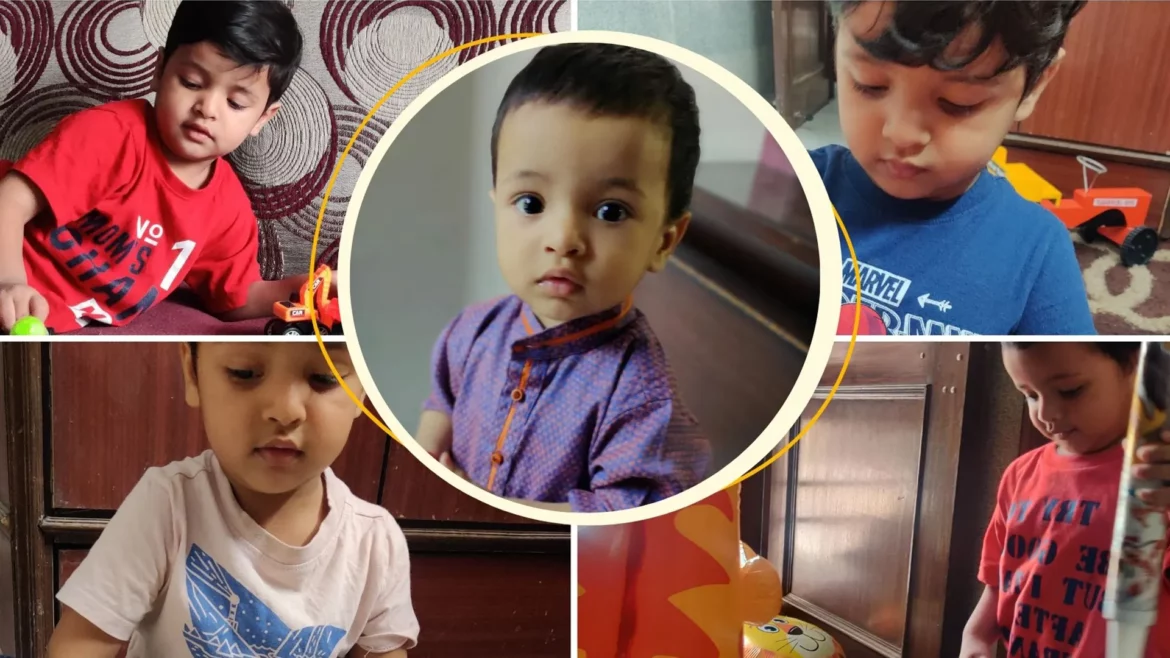

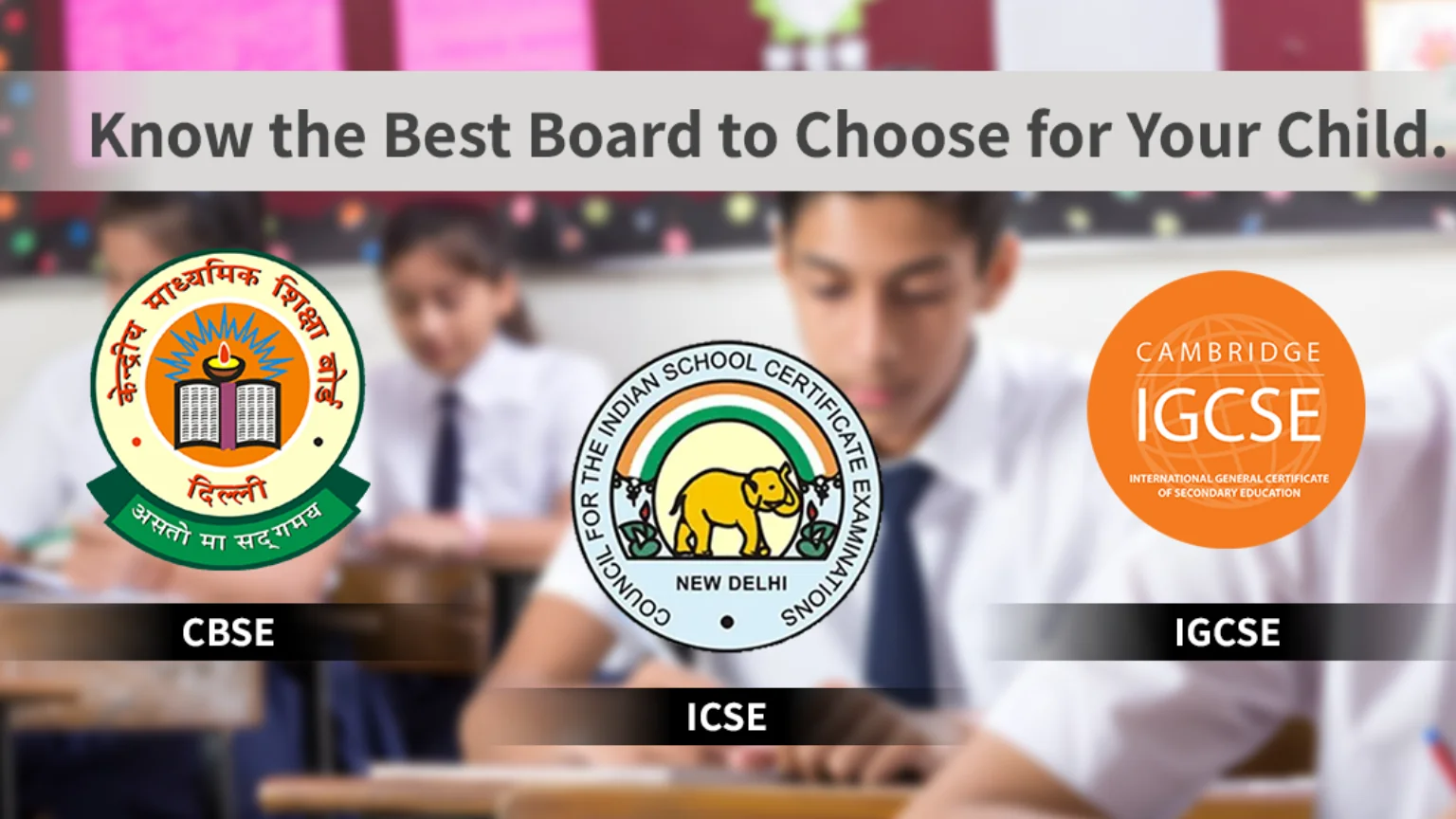
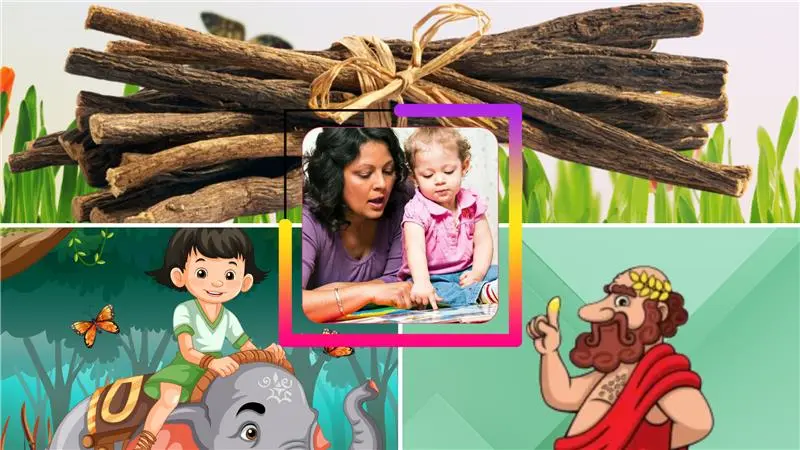
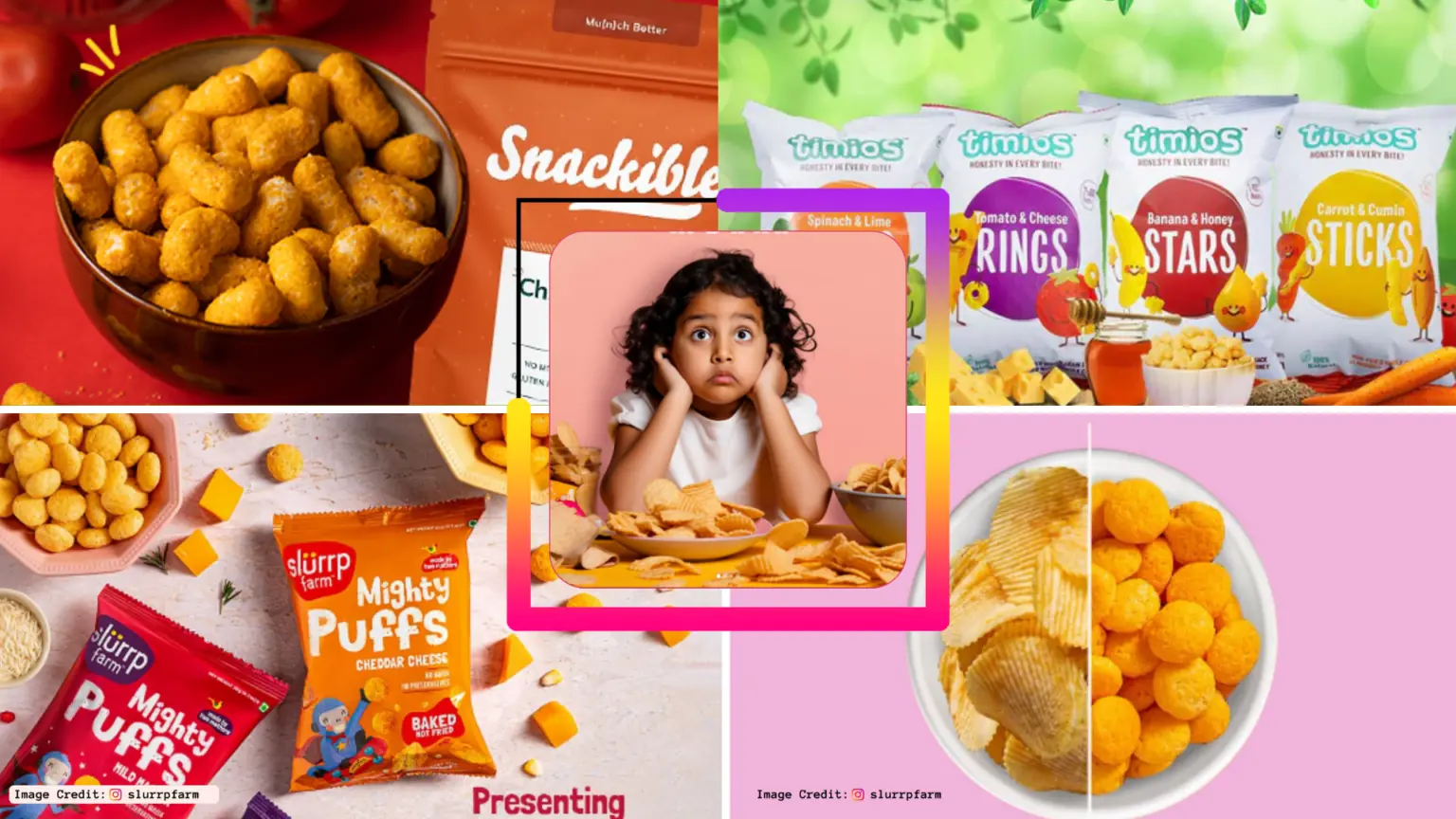
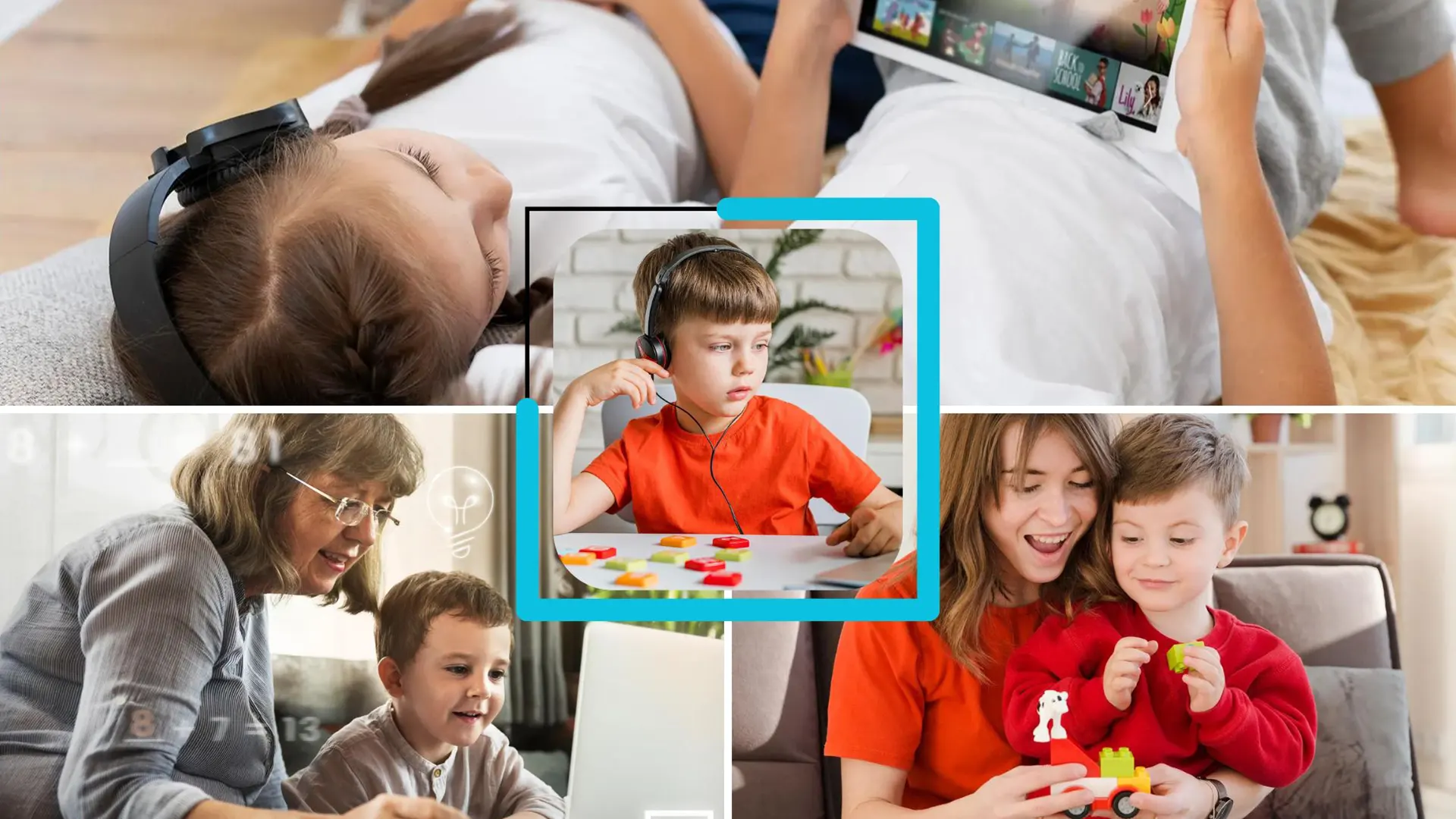





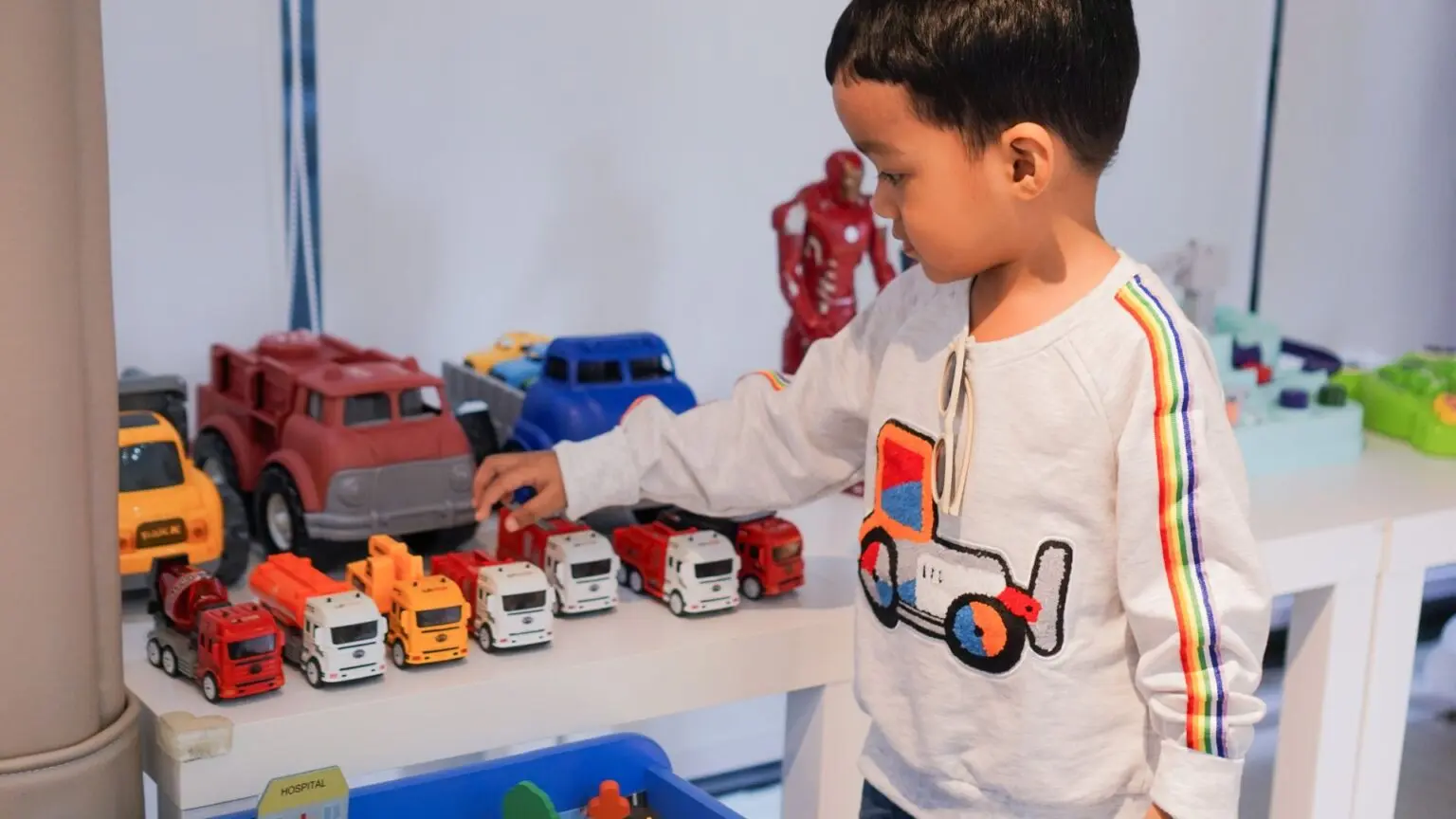
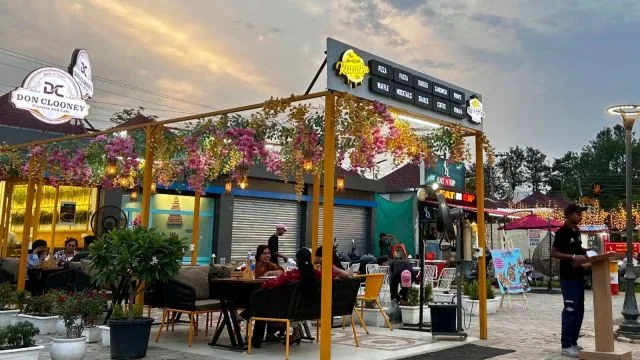
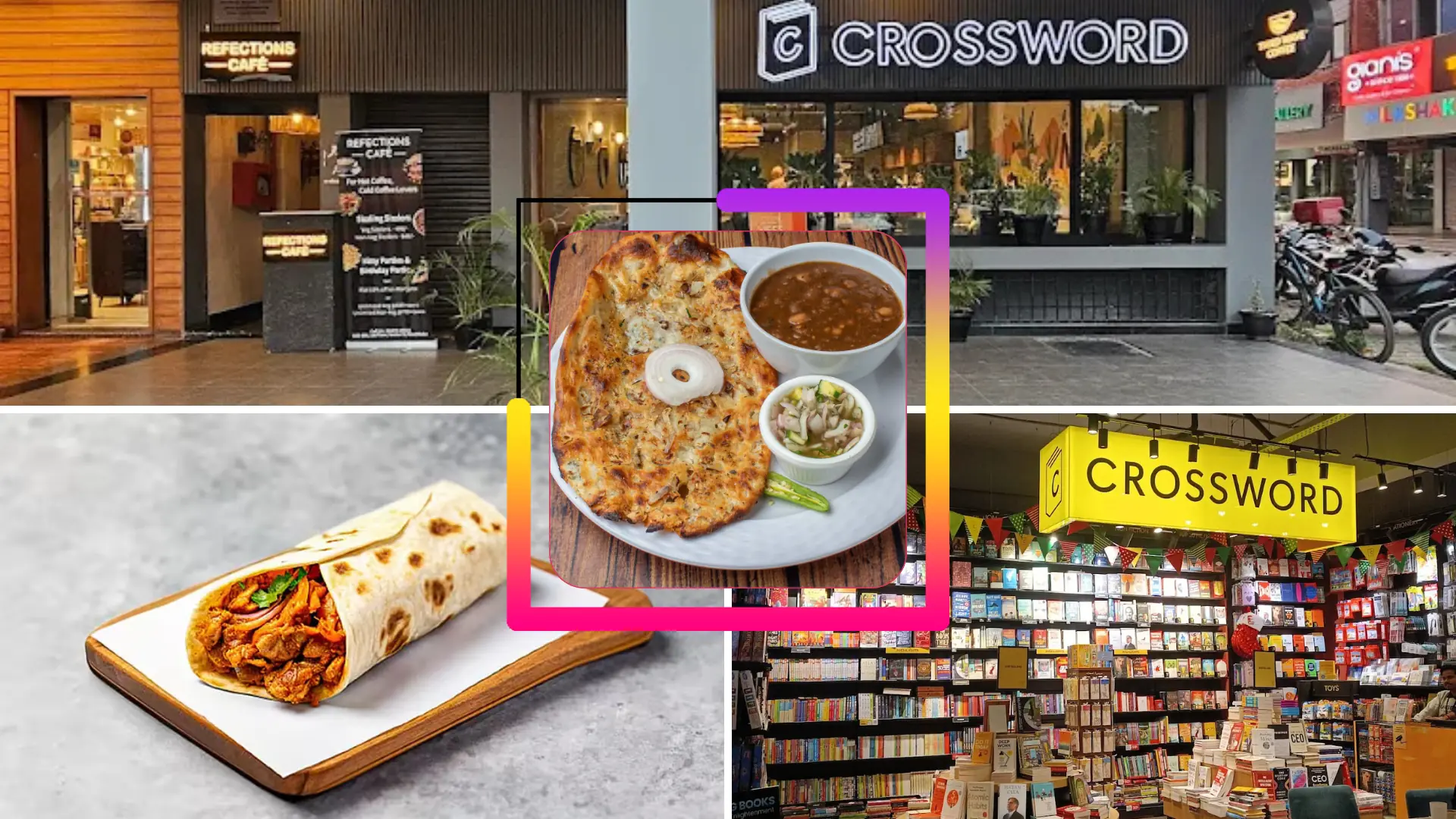










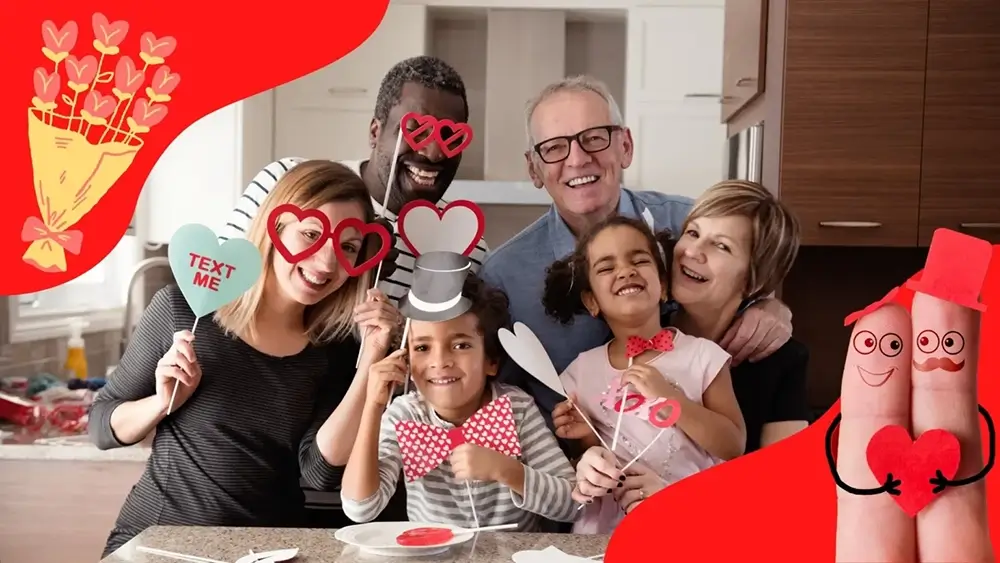



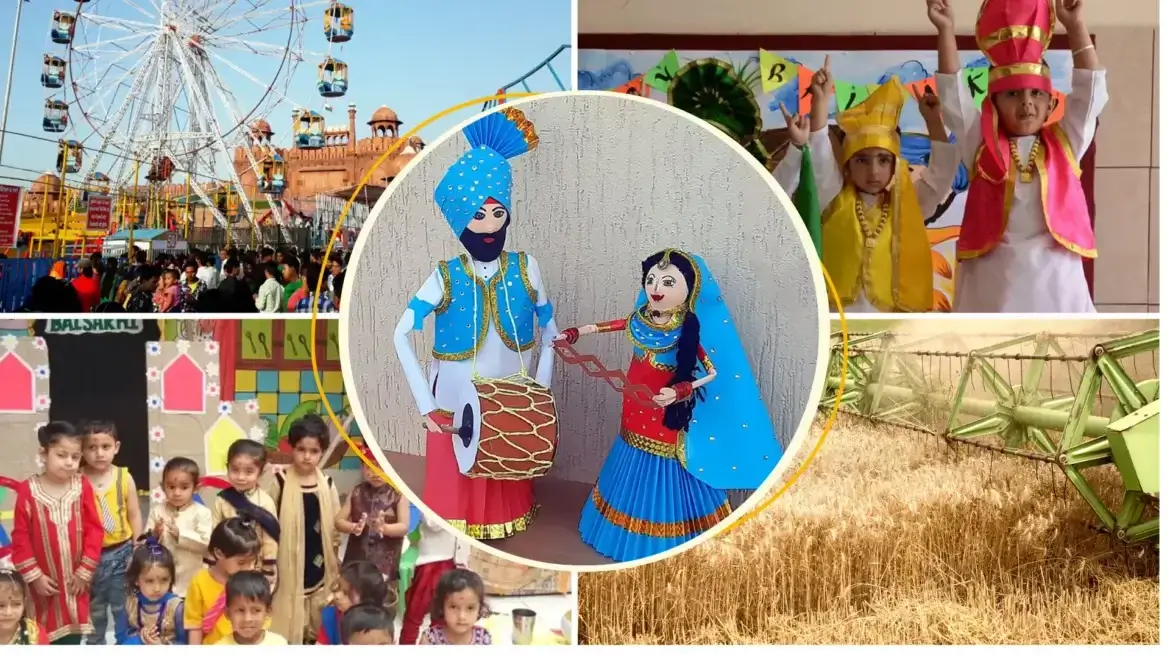












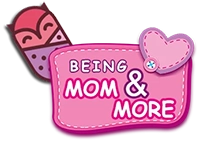





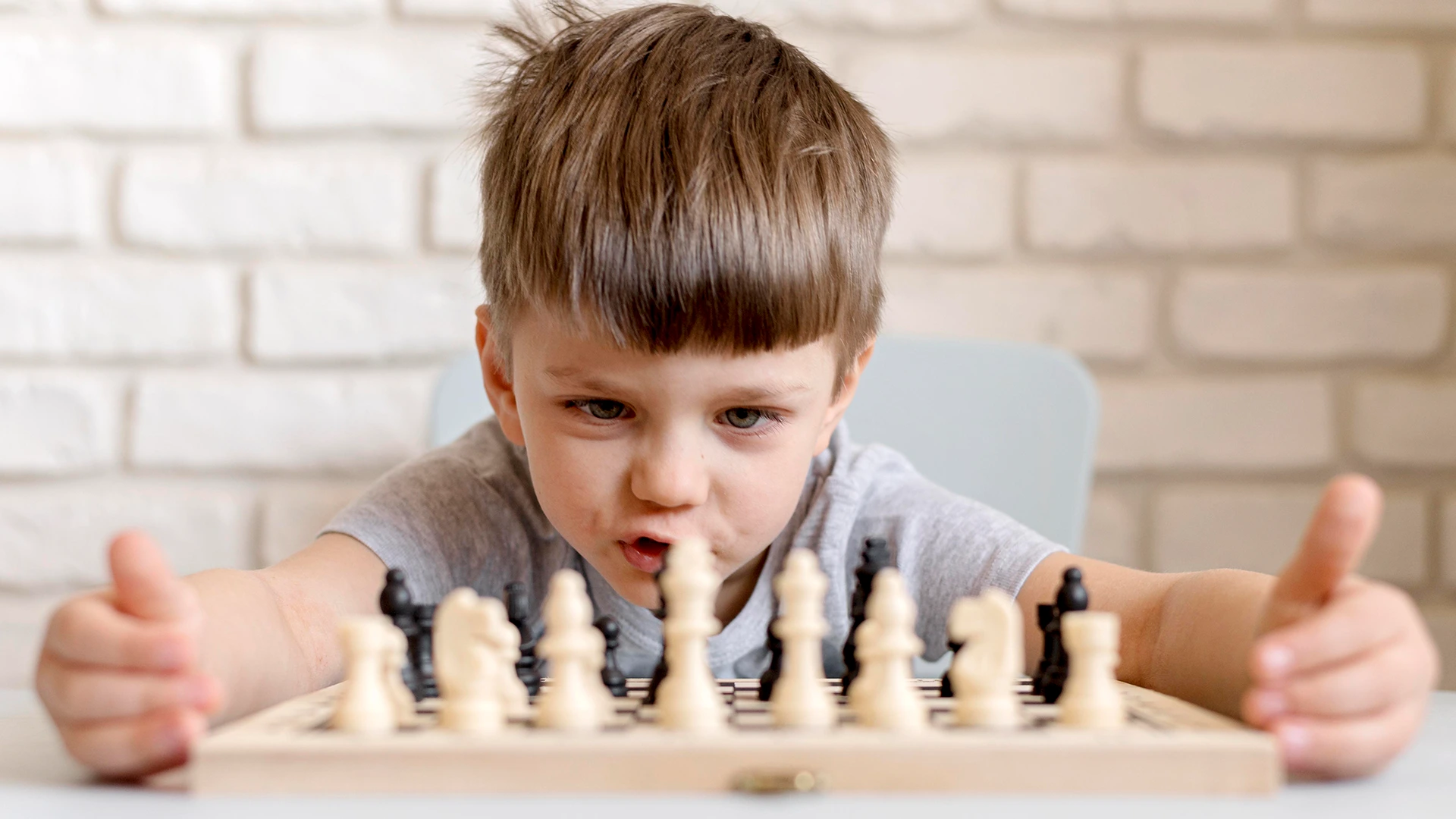




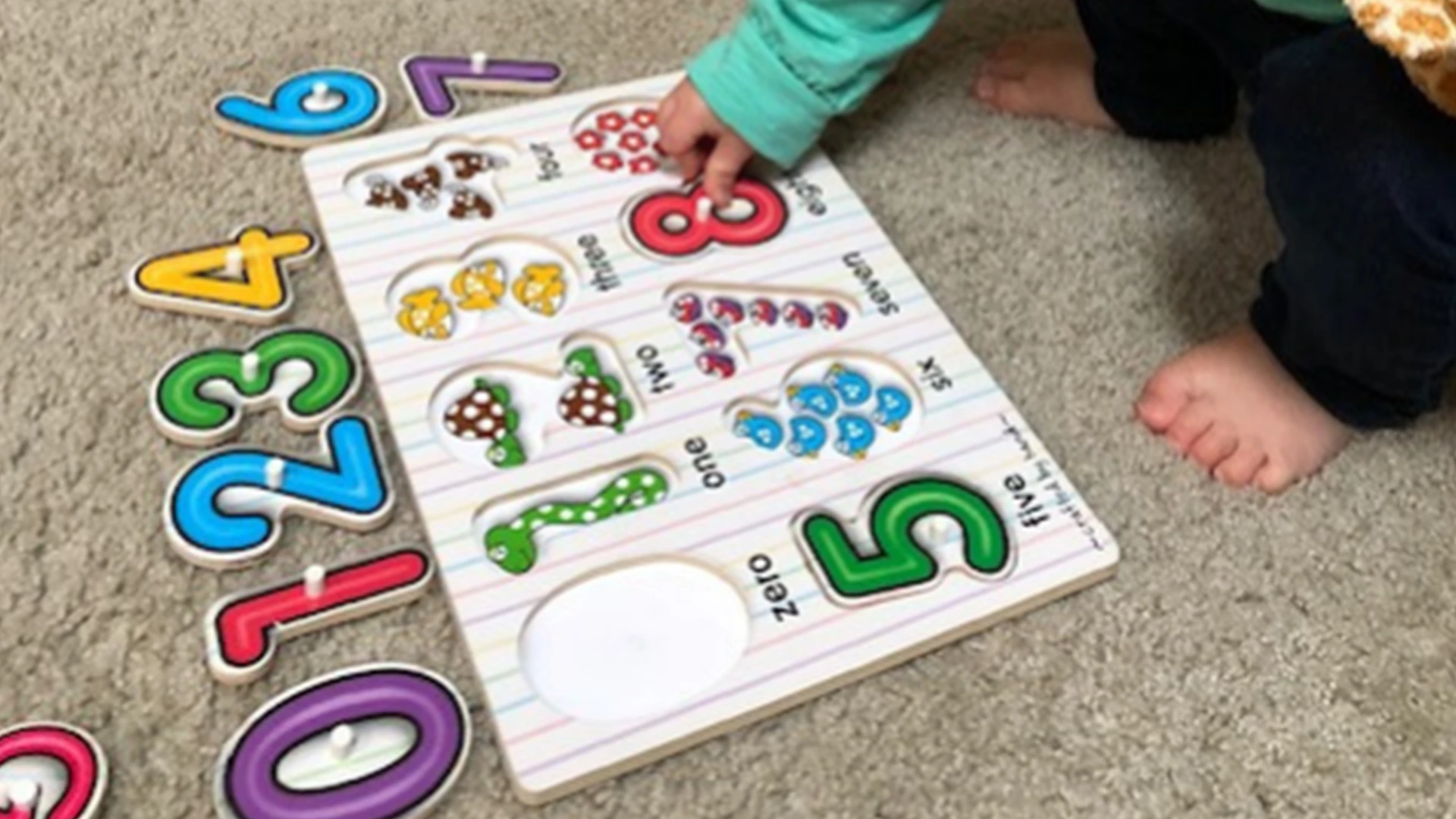

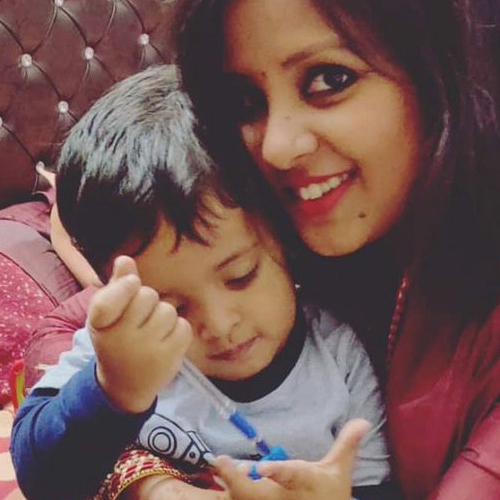

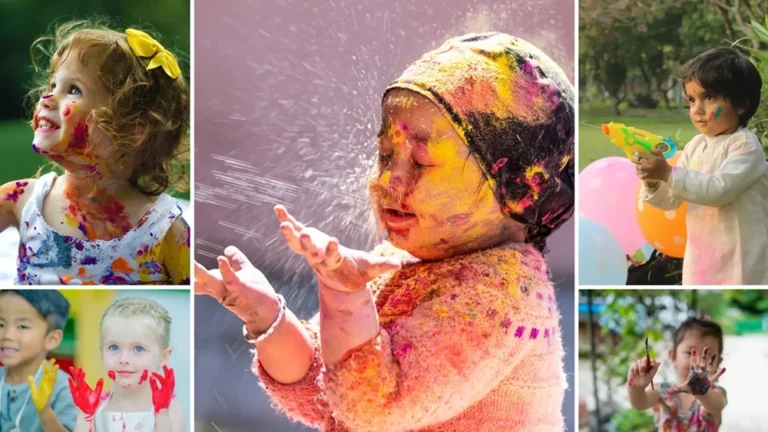
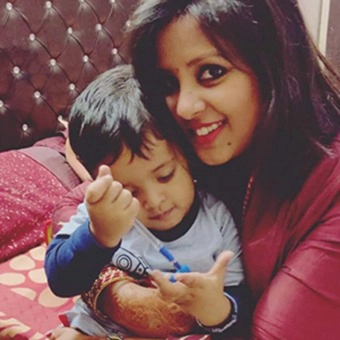


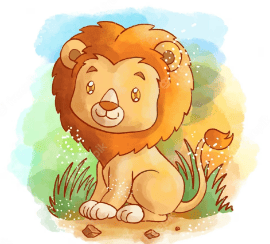
Leave a Comment